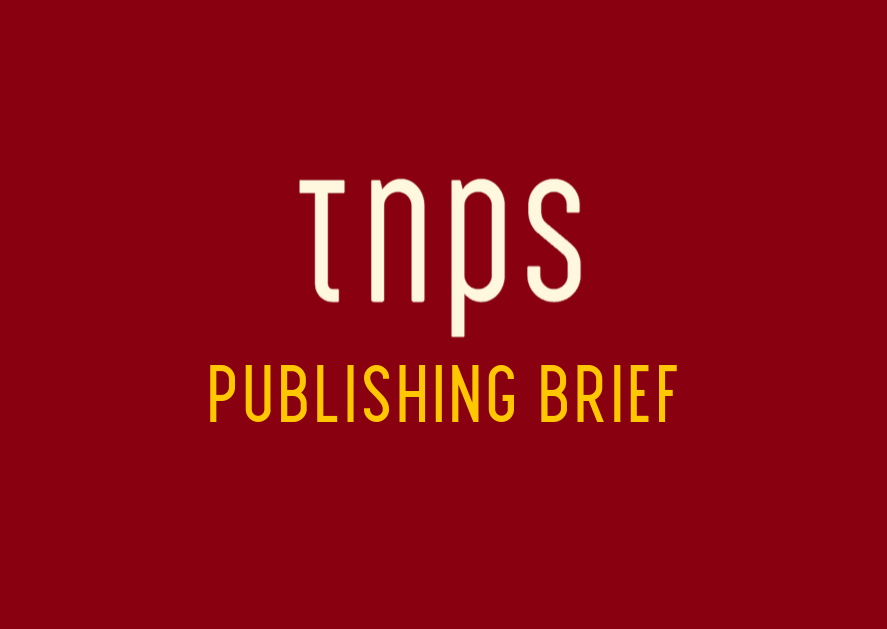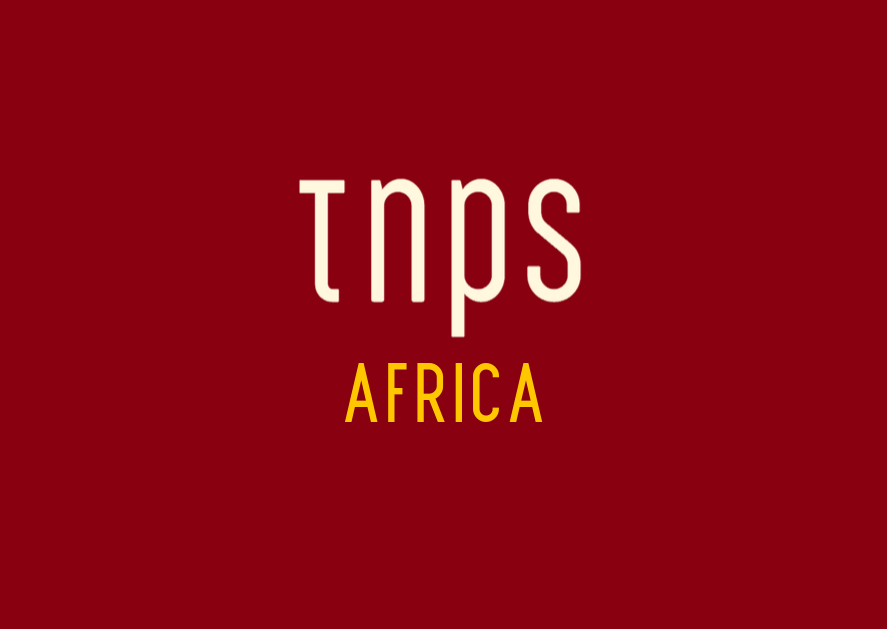Sharjah this month eclipsed the mighty Buchmesse as the world’s largest book fair, taking the crown both as a trade event and a public-facing event.
After a two year absence the Tunis International Book Fair opened this week in Tunisia, just as the Sharjah International Book Fair in the United Arab Emirates drew to a close.
These two Arab book fairs offer a tantalising glimpse of the New New Normal arising as the Pandemic continues to ravage the planet, defying the fantasy that vaccines would overnight eliminate the threat.
Instead, societies around the world are, with exceptions, moving from panic – lockdown and extreme prophylactic measures – to accommodation. Covid-19 is something we are learning to accommodate and live with, as we have already learned to do with other infectious and potentially deadly diseases.
In-person events are returning, albeit scaled down, while hybrid in-person-digital events are the new black for all but the Luddite tendency at the extremes of the global trade, and slowly the publishing industry adjusts to a 2021-22-level New Normal, different from the 2020-21 New Normal, but still a far cry from the Pre-Pandemic way of doing things.
And as it happens the Old Model faces challenges and developments barely conceivable in 2019.
Sharjah this month eclipsed the mighty Buchmesse as the world’s largest book fair, taking the crown both as a trade event and a public-facing event.
That’s one headline we’re not seeing in Publishing Perspectives, but it’s notable that Sharjah at the Buchmesse attracted more coverage than Guest of Honour Canada, an acknowledgement of Sharjah’s ever-more-pivotal role on the global publishing industry.
It may be Frankfurt can regain the crown next year, at least at the trade level (public-facing, Sharjah attracts audiences the Buchmesse has never come close to – over 2 million pre-Pandemic) but 2021 has been a watershed year for the trade, and especially for Frankfurt.
With two consecutive years of a watered-down Buchmesse the western publishing industry has learned that Frankfurt is not the indispensable must-attend-in-person trade event it was seen as before 2020.
We see that in the coverage of the Buchmesse this year in the traditionalist trade journals – including Publishing Perspectives, the English-language organ of the Buchmesse – where headlines included how attendees were saying how wonderful it was to be back in person.
Perhaps more significant still was the lack of big stories breaking at Frankfurt, begging the question is it coincidence these past weeks have seen major trade news emerge – four new KoboPlus launches, the Spotify acquisition of Findaway, the Storytel acquisition of Audiobooks.com.
None of these suddenly materialised in the past month. Yet in each case they elected to announce the news after the Buchmesse, not during, where traditionally all major publishing events are timed to coincide. And despite the Buchmesse having audiobook-focussed events in its programme.
The Sharjah International Book Fair, celebrity-headed this year by the inimitable Bodour Al Qasimi in her role as IPA President, could not possibly match the scale of pre-Pandemic years, when more than two million booklovers would turn out, and the final numbers have yet to be announced as I write this, (UPDATE: the numbers are in, and 1.69 million people turned out for Sharjah this year) but it’s clear from the reportage and images that in the Middle East, at least, people are comfortable heading back to big public events, appropriately masked (social distancing, from the press images, perhaps not so much).
Elsewhere it’s a different story.
Images from the on-going Tunis International Book Fair in Tunisia paint a forlorn picture of a poorly attended event, and elsewhere we’ve seen the same mixed pattern of public response.
Mexico’s Guadalajara is set for a much-reduced hybrid event later this month, while India’s Kolkata International Book Fair has just announced its 2022 dates. As usual Kolkata is making spurious claims about being the largest book fair in the world (it’s up there, but by no means the largest – Sharjah, Algiers and Cairo in the past have all have surpassed Kolkata’s most optimistic footfall counts) and in warm and dry climates inhospitable to Covid-19 it seems we may see the old book fair era revisited, albeit on a smaller scale.
In the cold and wet west it’s a triumph of hope over experience as London, Bologna and other traditionally key events insist they will go ahead in-person amid a Pandemic which shows little sign of meaningfully receding before the summer.
In doing so they, like the Buchmesse, risk permanent long-term damage as the trade finds ways to get business done without them.
In-person events will always be in demand, of course, and no question there are advantages and serendipity in wandering halls crowded with fellow trade professionals.
But if, as we saw with Publishing Perspective coverage of the Buchmesse this year, the big story is that some trade people turned up at all, then the old era of the trade book fairs as pivotal in the publishing calendar is over.
In-person trade events need to narrow their focus and offer real value for money, not just a drinks-and-dinner meeting place for the lucky few with company expense-accounts to sign-off deals already in the bag months before. Deals which, almost by definition, were not arranged in-person but over the phone or over the internet.
Sharjah shows how powerful a trade-and-public event can be when both elements are given equal thought and preparation. And that may well be the immediate future of the book fair.





